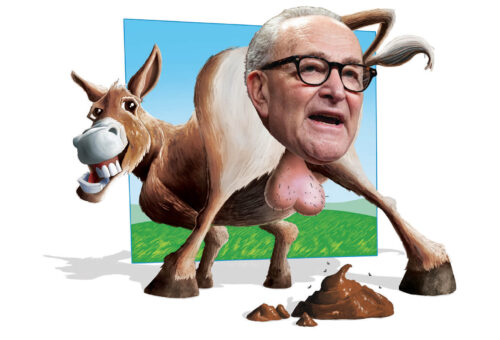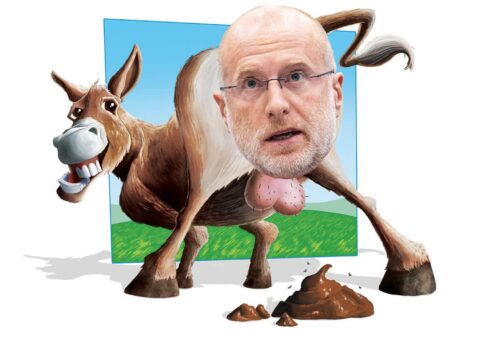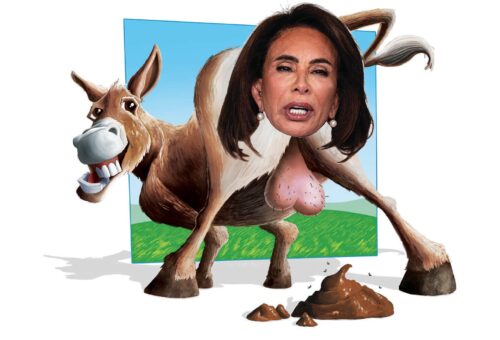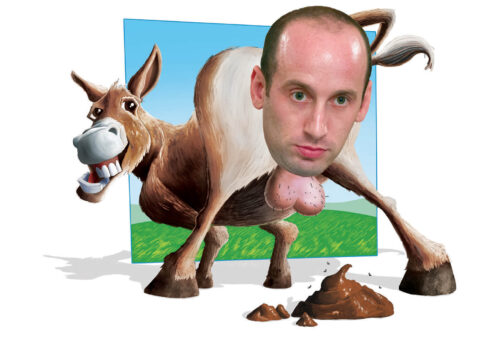Dangerous Powers
Finally, even that old hawk John McCain woke up to the fact that Congress had betrayed its Constitutional obligation after 9/11 by granting President George W. Bush and those who’d come after him unlimited executive power to take the nation to war. In panic over the devastating attacks on the World Trade Center and Pentagon, what had seemed like a good idea in 2001 has been interpreted by Presidents Bush and Obama as authorization for a never-ending war against terrorism, free of any Congressional oversight.
In May of this year the Senate Armed Services Committee held a hearing where highranking Defense Department officials asserted that the United States could wage war anywhere and anytime the president desired.
In response, Senator McCain (R-Arizona) warned: “This authority…is no longer applicable to the conditions that prevailed, that motivated the United States Congress to pass the authorization for the use of military force that we did in 2001. For you to come here and say we don’t need to change it or revise or update it, I think is, well, disturbing.”
What McCain was referring to was the fact that he and almost everyone else in Congress caught in the grip of post-9/11 hysteria had hastily voted to betray the essential wisdom of the separation of powers enshrined in the U.S. Constitution. Without any serious debate over the historic consequences, the House of Representatives and Senate approved the “Authorization for Use of Military Force.” Basically a blank check, the 60-word paragraph stated: “That the president is authorized to use all necessary and appropriate force against those nations, organizations or persons he determines planned, authorized, committed or aided the terrorist attacks that occurred on September 11, 2001, or harbored such organizations or persons, in order to prevent any future acts of international terrorism against the United States by such nations, organizations or persons.”
























